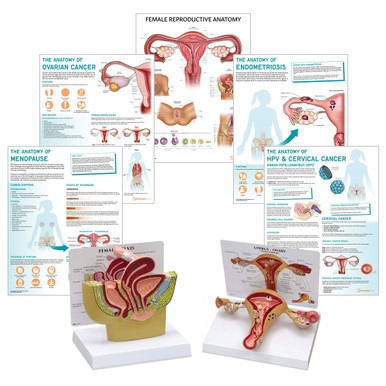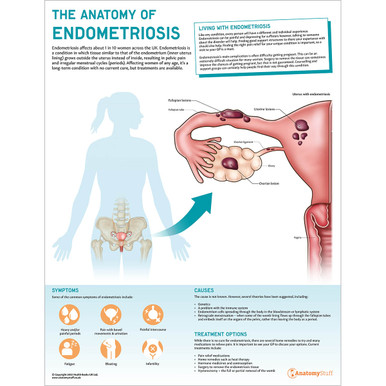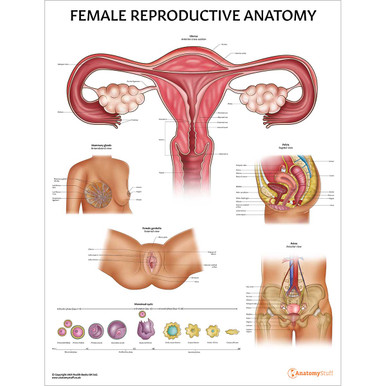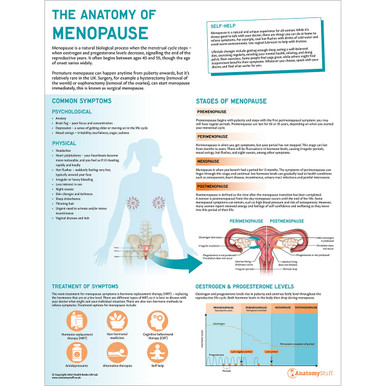Female Fertility – What You Need to Know
One of the most magical things about finding a partner and starting a life together is deciding to bring a new life into the world by having children if you both want to have a family. Whereas childbirth is an incredibly rewarding and joyous experience, the sad reality is that not every couple will find it easy to conceive.
In the UK, roughly 1 in every 7 couples will have trouble conceiving naturally. Typically, roughly 84% of couples trying for a baby will conceive within one year with continuous unprotected sexual intercourse every 2 or 3 days.
One of the primary causes of couples failing to conceive naturally is infertility. Sometimes known as subfertility, infertility is a reproductive system disease or medical condition defined by a couple’s failure to conceive within 12 months of trying.
Both men and women can be affected by fertility problems in equal measure. In fact, it is believed that 30% of fertility issues will affect women, along with 30% affecting men, with the final 40% being due to fertility issues affecting both people or being down to unknown causes.
Today, though, we’re going to focus on female fertility. Here’s everything you need to know.
Infertility in Women
A wide range of different things can cause infertility, and unfortunately, for 1 in 4 couples struggling with fertility issues, a cause cannot be identified.
In women, infertility is often caused by complications with ovulation. Ovulation is the monthly release of an egg from the ovaries.
In some instances, health issues may prevent an egg from being released from the ovaries, whereas eggs may be released randomly in different menstrual cycles.
Sometimes the eggs have low fertility, whereas, in other instances, the woman may be dealing with blockages or problems with the fallopian tubes (tubes connecting the ovaries to the womb). Usually, these blockages occur following infection.
Contrary to popular belief, women can still suffer with fertility problems, even if they have extremely regular and seemingly healthy menstrual cycles (periods).
Possible causes of infertility in women
As mentioned, sometimes health experts can find no obvious signs or causes of infertility. With that said, however, there are some common causes of infertility in women that we should be aware of, including the following:
Ovulation issues
Ovulation problems in women can be common causes of infertility.
Sometimes the egg is the issue, whereas, at other times, the release of the egg or lack thereof is the problem.
Some common ovulation problems can be caused by issues such as:
• PCOS (Polycystic Ovary Syndrome)
• Ovarian failure
• Thyroid problems
Cervical mucus issues
Cervical mucus issues can also sometimes lead to fertility problems in women.
When a woman ovulates, cervical mucus should become thinner to enable sperm to swim through it easier and reach the egg. If there are issues with the mucus, for example, if it becomes too thick, the sperm will struggle to swim to the egg and be harder to conceive.
Age
Age is another factor when it comes to female fertility.
As women grow older, their fertility levels begin to decline. Each month, a healthy 30-year-old woman has roughly a 20% chance of conceiving. A healthy 40-year-old woman, however, has less than a 5% chance of conceiving.
Fibroids
Non-cancerous growths on, in, or around the womb, called fibroids, can also affect a woman’s fertility.
Sometimes fibroids can block the fallopian tube or prevent an egg from attaching to the womb.
Pelvic Inflammatory Disease
Pelvic Inflammatory Disease, or PID, is an infection affecting a woman’s genital tract.
Usually affecting the womb, fallopian tubes, and ovaries, it is typically caused by a sexually transmitted infection. It can damage the fallopian tubes and cause scarring, which makes it very difficult for the egg to travel down from the ovaries to the womb.
Lifestyle
A woman’s lifestyle can also affect her overall fertility levels.
Women who are overweight, follow an unhealthy diet, smoke, drink excessive amounts of alcohol, use drugs, or don’t exercise are less likely to conceive than a healthy woman who leads a healthy lifestyle.
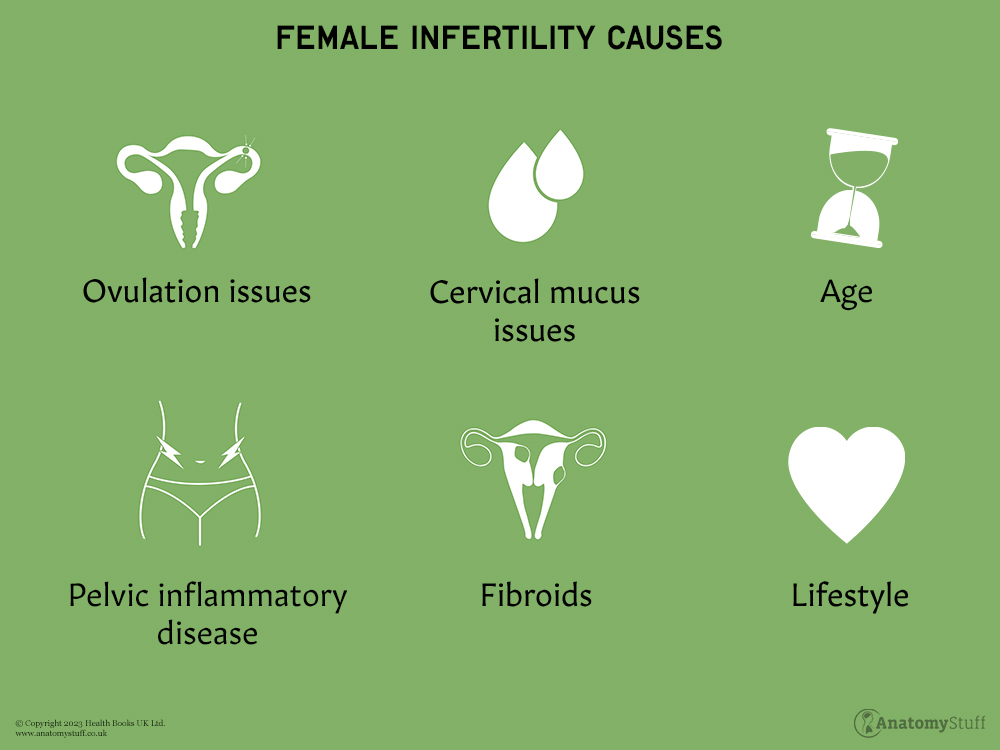
How to boost fertility in women
If you are concerned about your fertility levels, you should first speak to a doctor or medical professional who can then investigate the matter.
However, there are ways of naturally boosting your fertility and making it more likely for you to conceive naturally.
Here are some simple tips on how to boost your fertility levels:
• Eat a healthy diet
• Get down to a healthy weight
• Exercise regularly
• Lead a healthy lifestyle
• Take prenatal vitamins and supplements
• Engage in regular sexual intercourse with your partne
• Make a note of when you ovulate
• Try to reduce stress levels
• Avoid excess alcohol consumption
• Don’t smoke
• Reduce your risk of contracting a sexually transmitted disease/infection
While infertility is a complex, individual and challenging issue, try to keep positive and seek out support as there are several supports out there – check in with your healthcare professional to guide you towards them. You’re not alone, and sharing your experience and thoughts can be a welcome break from your worries!
Related products
View All